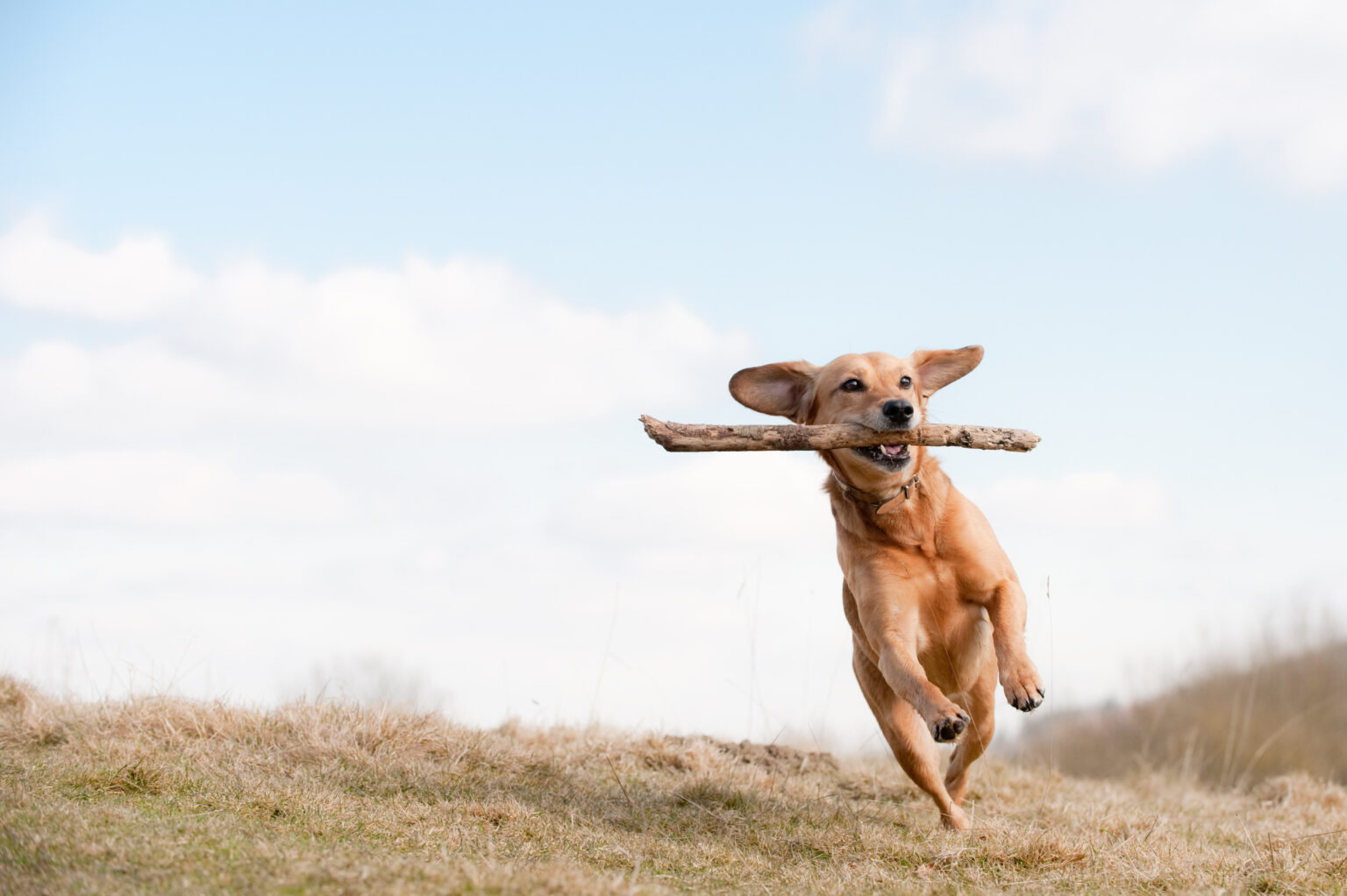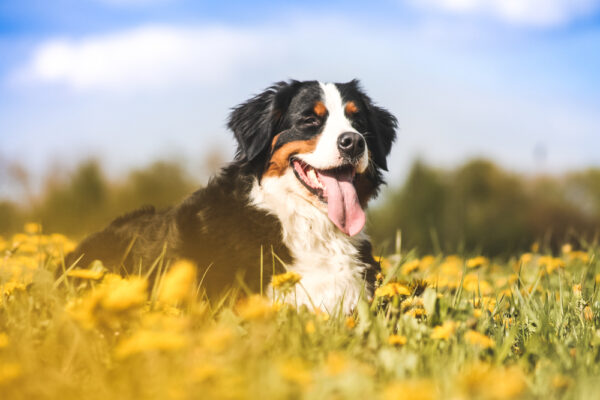A common procedure, neutering, sometimes called sterilisation, is common in pets and prevents dogs being able to reproduce. When female dogs are neutered it is called spaying, and male dogs are castrated. Although both procedures are routine, they require anaesthesia and surgery and for female dogs in particular, it’s fairly major surgery. In most cases, pets bounce back quickly after neutering, often returning to their usual level of activity within days.
What’s the ideal age to neuter my pet?
Usually, pets are neutered from around 6 months, although many veterinary practices will perform this operation earlier. Female dogs do not have to have an oestrus cycle (also called ‘heat’ or a ‘season’) before being neutered, nor do they have to give birth to a litter.
What does neutering involve?
- Pets are checked before the operation to make sure they are in good health
- A pre-op blood screen is sometimes performed to check organs are healthy
- Pets are usually hospitalised as day patients, in some cases they may be kept at the practice overnight
- Pets are usually sedated before the op
- A general anaesthetic is administered prior to, and throughout, the surgery
- Females have their womb and ovaries removed; males will have both testicles removed
- Expect your pet to have some form of pain relief to make them more comfortable post operatively
- Both female and male dogs will have stitches post-op
- You will be asked to bring your pet back for a post-operative check and/or stitch removal
- You should contact your vet practice if you notice any swelling, redness, bleeding or weeping from the wound. If your dog seems lethargic and has pale gums, please contact your vet straight away
- All practices have slightly different procedures so ensure you discuss everything that is going to happen with your vet
Is neutering my pet a good idea?
The main advantage of neutering your pet is preventing them from breeding and producing unwanted puppies. There are also other advantages that result from neutering.
Many people prefer to neuter their pets as it allows males and females to be kept in the same household. Male dogs are sometimes neutered to make them more compatible within the same household, and in some cases only one male dog might be neutered and the other kept un-neutered, especially if there is dominance-related aggression between the two dogs.
Depending on the age that a female pet is neutered, there may be some protection against mammary tumours (or breast cancer). A common condition in older unspayed female dogs is pyometra, where the womb becomes infected. Signs include excessive thirst just after a season and a smelly discharge. This is a life threatening condition and requires prompt action on behalf of the vet to surgically remove the infected organ.
Neutering – making the right decision
Neutering is widely advocated by vets, animal welfare charities and other experts. There are downsides to neutering though, so it’s best to discuss the procedure with your vet first. It is, after all, a surgical procedure and although routine, any surgery has an element of risk, no matter how small.
Once neutered, cats and dogs can be more likely to gain weight, especially if fed the same quantity as before. Weight gain can be prevented by adjusting food intake to body condition, but do be aware of the need to control food intake, or to feed a specialist ‘light’ diet to control weight gain.
Occasionally, in some female dogs, urinary incontinence can occur after spaying. This can be treated, so if your pet does experience problems always speak to your vet.
There are many health benefits to neutering, and reducing the number of abandoned puppies and kittens is clearly a priority for pet owners. Always discuss any concerns with your vet to feel fully informed and happy about your decision.



